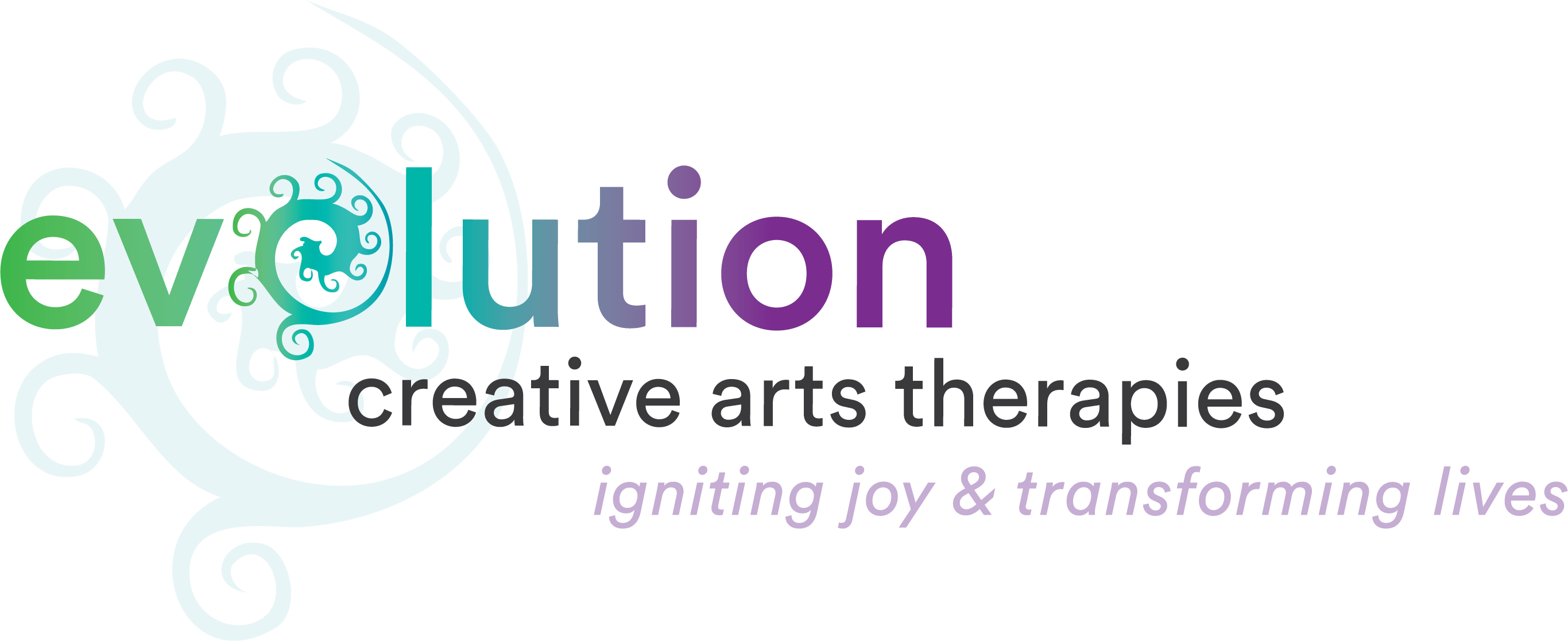A child’s nervous system is more vulnerable to stress and trauma because its brain and body is developing. According to the Adverse Childhood Experiences Study, children who experience trauma before the age of 18 are more likely to experience chronic health problems, mental illness, and substance misuse in adulthood. Trauma in early childhood can affect a child’s cognitive functioning (memory, attention and problem solving ability), emotional regulation ability (struggle to calm down), self perception altered (‘bad’ or negative self image), low self esteem or self worth, impaired relationships with others (unable to make or sustain friendships), behavioural (acting out with aggression or withdrawing in and shutting down). Trauma can be addressed and integrated in childhood, in adolescence or in adulthood employing a trauma informed, attachment focussed and culturally sensitive arts based approach. Various arts or play based approaches can be implemented in the arts therapy session along with other therapeutic approaches (e.g. narrative) depending on the person’s age and ability.

